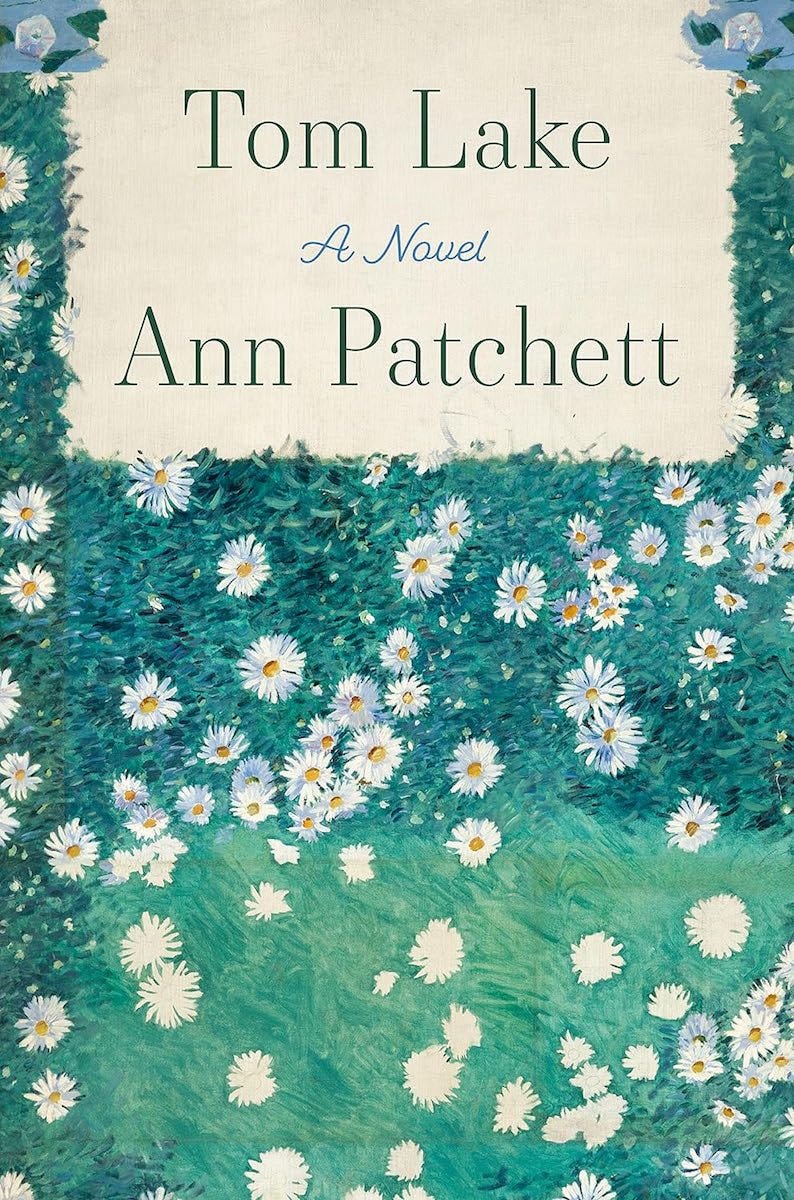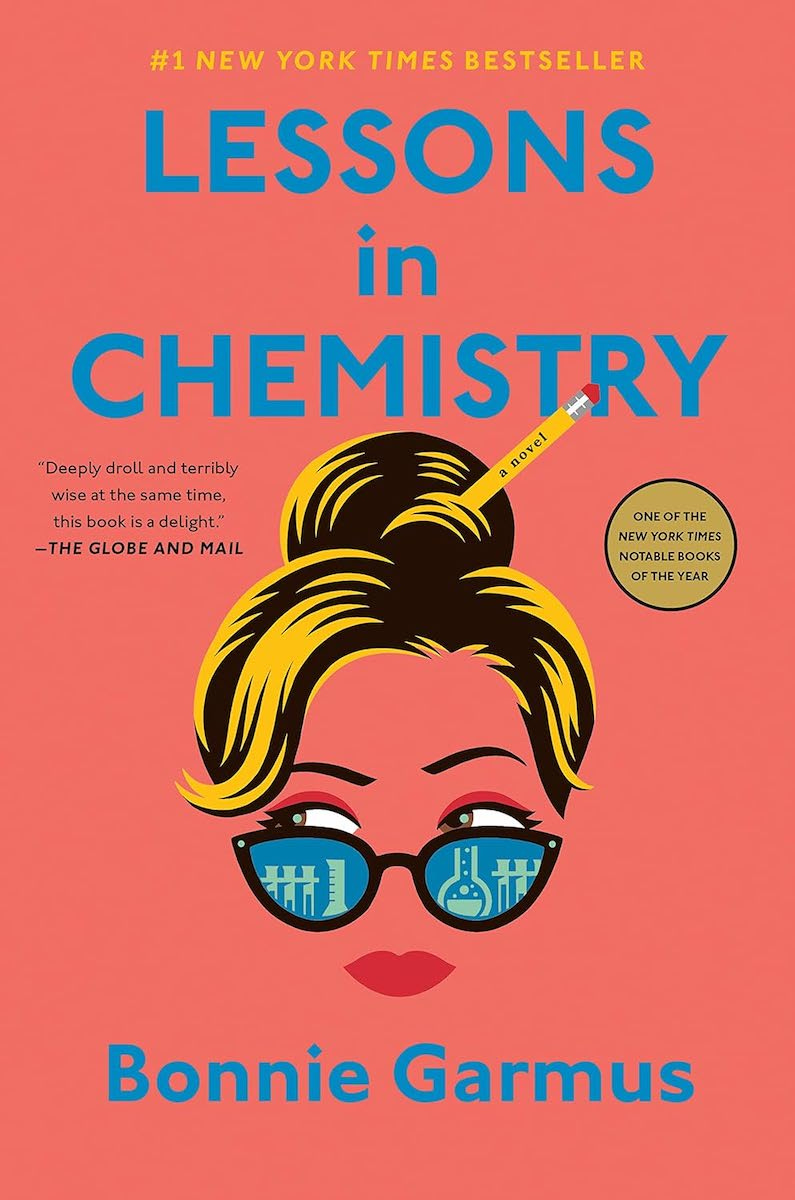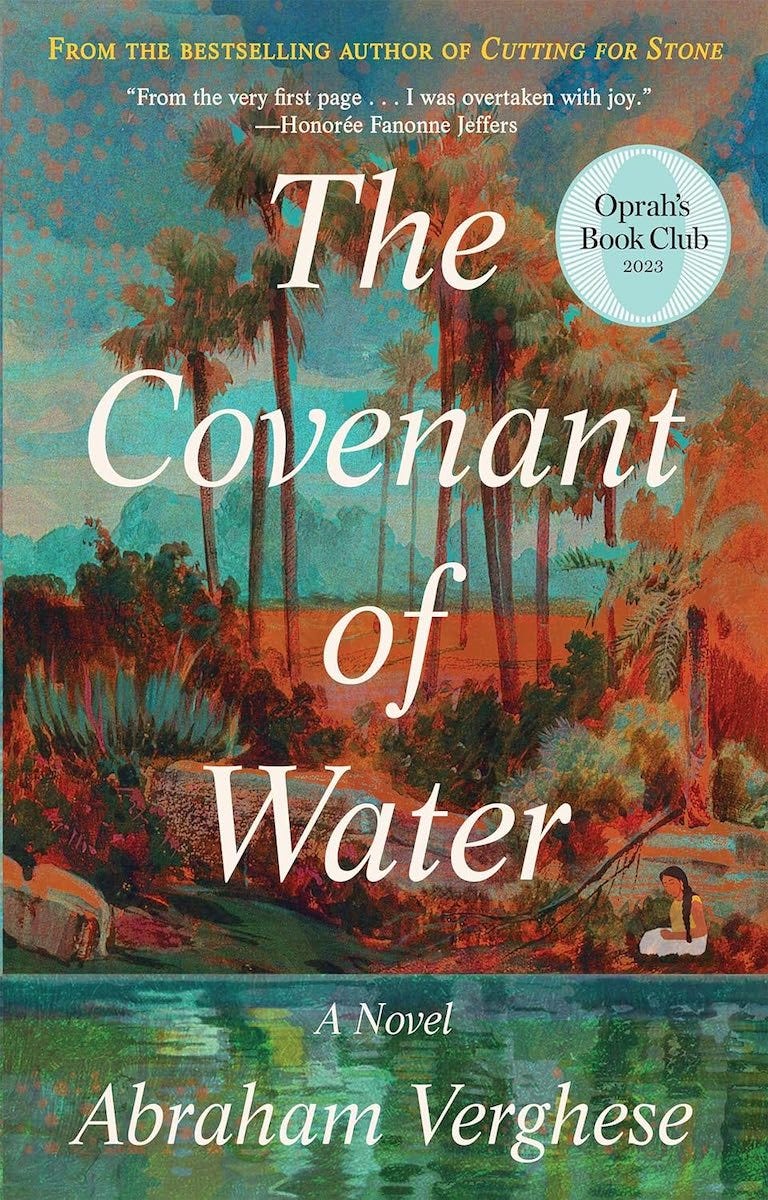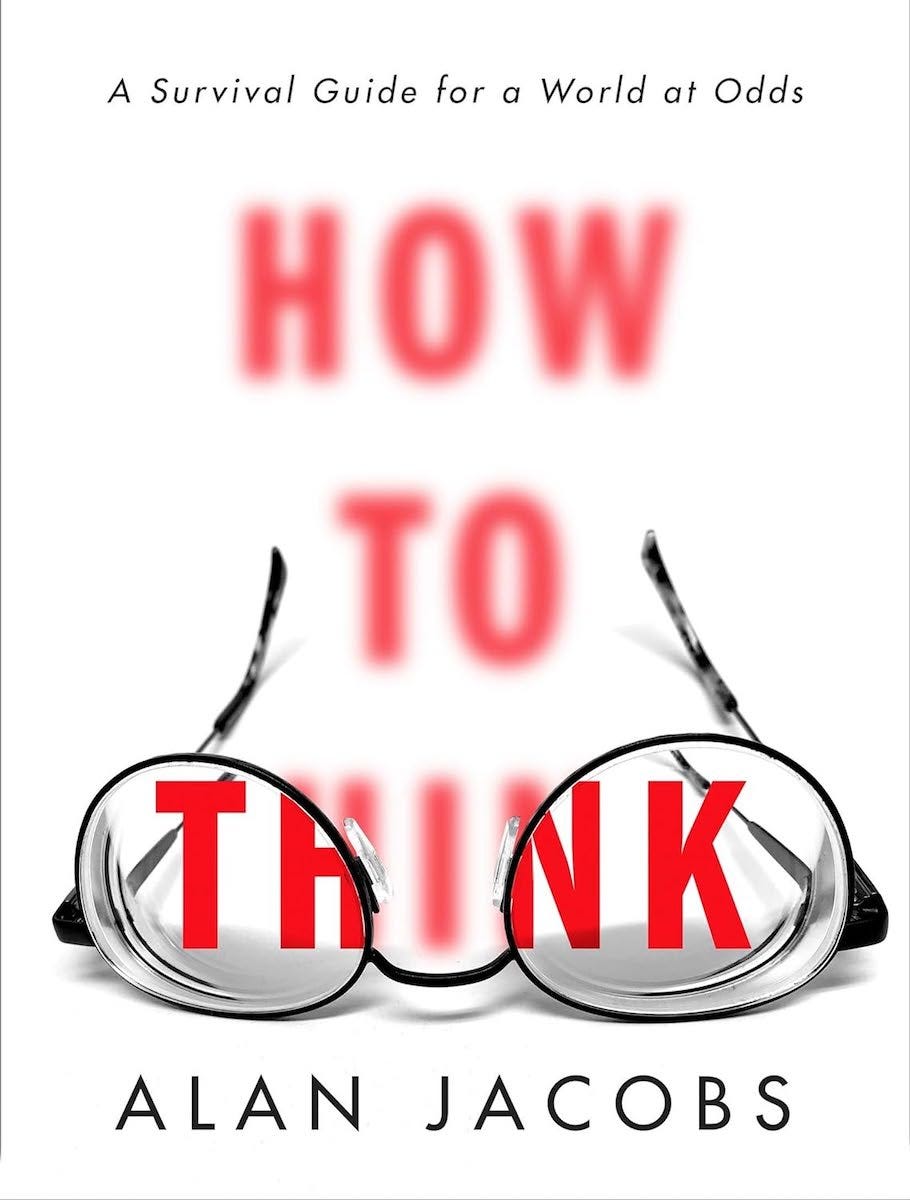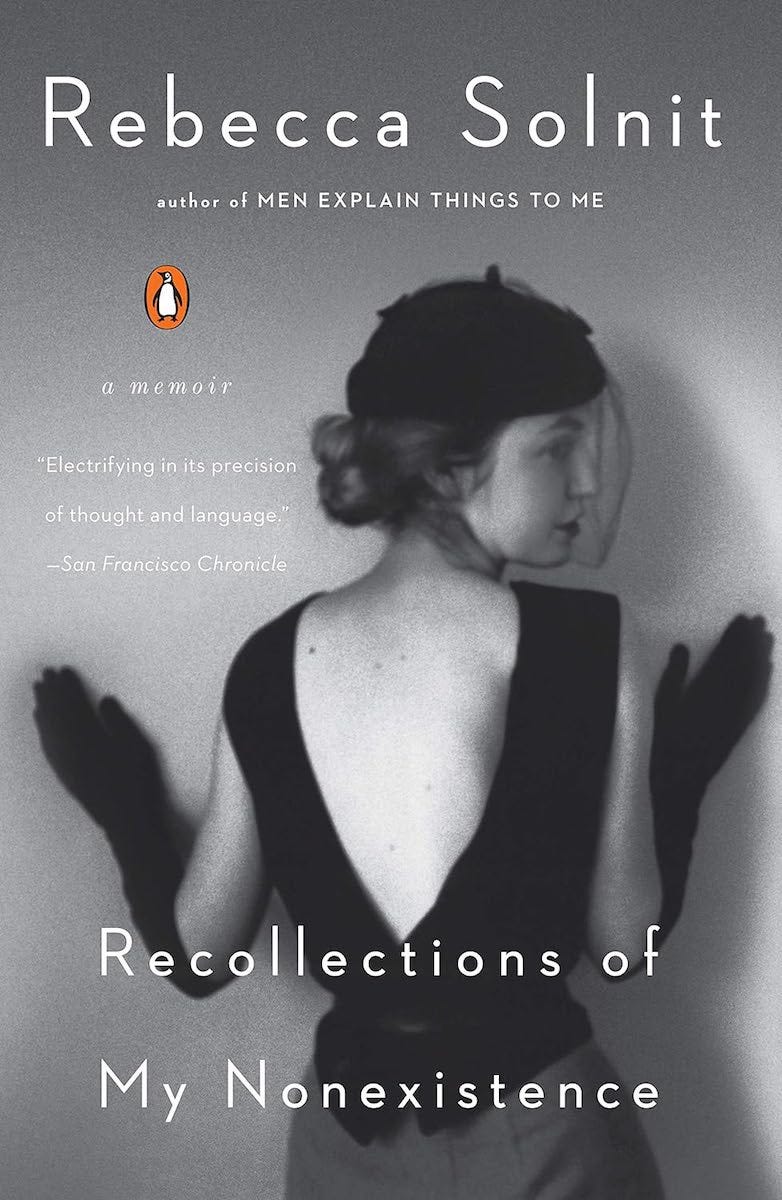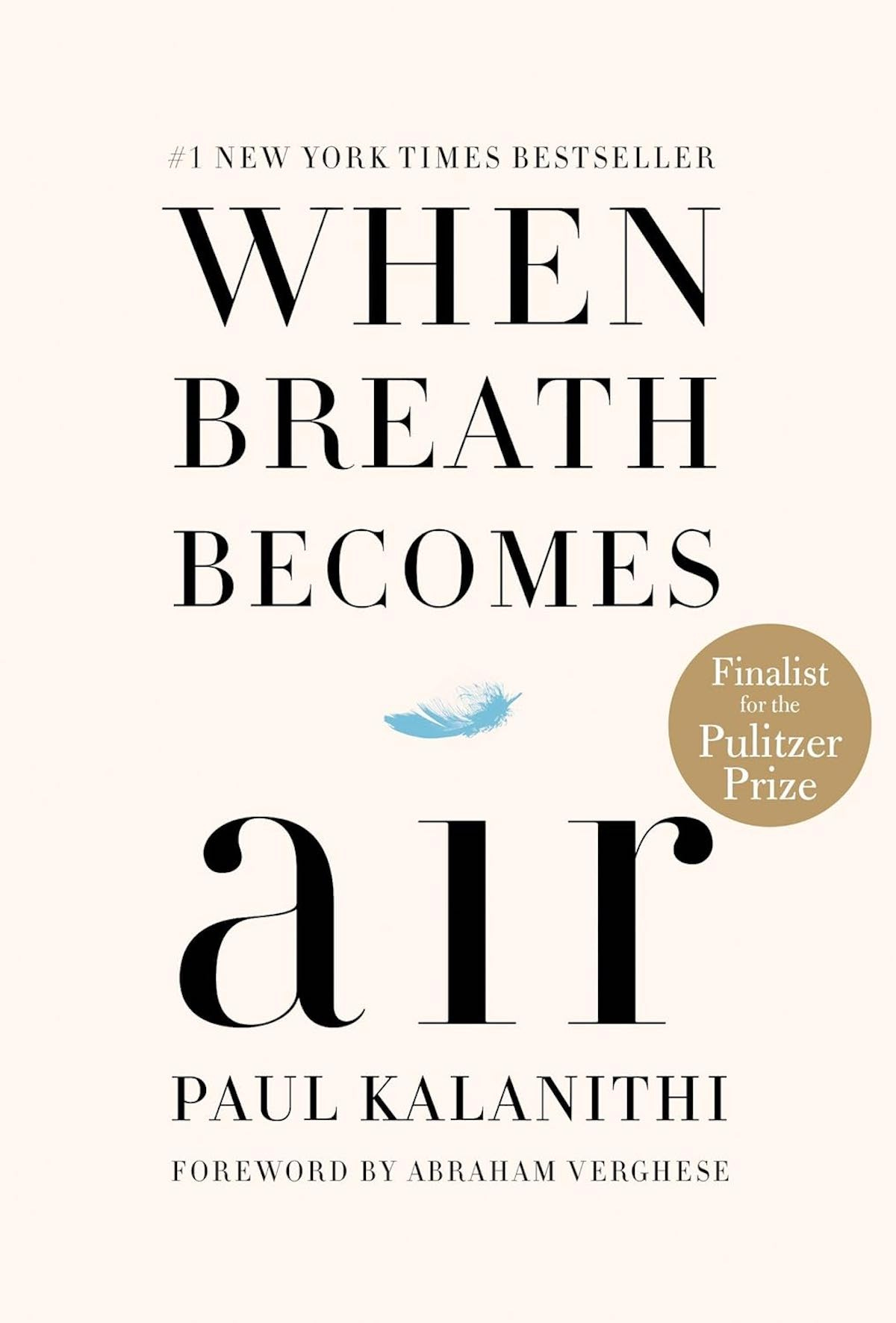
Here’s a shortlist of books that I enjoyed reading in 2023, in case you’re looking for some inspiration. I read substantially less this year than usual; I blame it on a professional life in upheaval (thank you, lay-off) and the frenzy of launching my own book. But these are a few of the books that stood out.
Fiction
Tom Lake by Ann Patchett
I read this book over the course of five days while traveling in British Columbia last month. Like all of Patchett’s books, it’s beautifully well-written and thought-provoking. A family (mother + father + three adult daughters) are back living together on their cherry farm in Michigan during the covid outbreak.
To pass the time harvesting fruit (minus all their usual seasonal workers), the daughters ask the mother to tell them the story of being a successful actress in her younger days. Of course, this story is much more complex than it appears at the beginning—and has twists that are revealed only to the reader, not even to the daughters, by the end. The book felt weirdly comforting and stabilizing as I read it, a sort of antidote to the topsy-turvy feelings of that time in recent history. It was also a lovely tribute to family and the sense of purpose that our children provide us in life.
Lessons in Chemistry by Bonnie Garmus
A smashing hit that everyone seems to be talking about these days, I picked it up with trepidation—only because I often dislike the most popular literature. Much to my delight, this book was entertaining, witty, and feminist in the best possible way.
The main character, Elizabeth Zott, is a research chemist who deals with all sorts of inane misogyny in her 1960s workplace. Life deals her numerous hard blows and eventually she’s a single mom, “the reluctant star of America’s most popular cooking show,” which she runs with a chemistry-centric approach. The book has a grand ending that left me with that happy feeling that I want from novels.
The Covenant of Water by Abraham Verghese
My husband’s eyes nearly popped out of his head when he saw the size of this book that I insisted on carrying on our five-day canoe trip through Algonquin Park, but there was no way I’d leave it behind. I read most of it in a hammock at various campsites and loved the whole thing.
The book is set in Kerala, India, and focuses on a family that seems afflicted by a mysterious drowning curse; someone from every generation drowns. It kicks off a quest to get to the bottom of this mystery, which leads one young woman to become a medical doctor. It left me thinking that to be a doctor is, surely, the most noble and useful of all professions because that knowledge can serve anyone, everywhere, at some point in their life.
Nonfiction
How to Think: A Survival Guide for a World at Odds by Alan Jacobs
“A contrarian treatise on why we’re not as good at thinking as we assume,” this tiny book offers a humorous and engaging crash course on logic, debate, and the various forces that cause humans to think and act the way they do. I found it fascinating, especially when Jacobs talked about how it’s impossible to “think for yourself” because, really, a person who breaks away in their thoughts is simply thinking with different people. We join communities that provide security in exchange for thought—and sacrifice that security when we break ranks.
“All of us at various times in our lives believe true things for poor reasons, and false things for good reasons, and whatever we think we know, whether we’re right or wrong, arises from our interactions with other human beings. Thinking independently, solitarily, ‘for ourselves,’ is not an option.”
Smile: A Memoir by Sarah Ruhl
I can’t say enough good about this book. I’ve read it twice in two years, which is unprecedented for me. It’s a memoir, the story of one playwright-mother’s decade-long struggle with Bell’s palsy, which paralyzed half her face and made her unable to smile. The paralysis set in the day she gave birth to twins (with a two-year-old at home). I aspire to her writing style, which feels intimate yet informative, with cultural and historical digressions.
Recollections of My Nonexistence by Rebecca Solnit
This was my first Solnit book, though I’ve listened to interviews with her and seen her quoted endlessly by other writers I like. The book was good, dense, thought-provoking—certainly not light reading, but I took copious notes and ended up with dozens of index cards scrawled with her quotes.
In it, she describes coming of age in 1980s San Francisco and becoming a writer and feminist against that backdrop. She starts to understand more about the epidemic of violence against women, the ongoing street harassment that she experienced, and what a fight it has been for authority figures to take women like herself seriously.
Mainly, I appreciated her thoughts on what it means to attain adulthood, “a constantly changing condition” that implies a coherent category, but really is made up of “travelers who change and traverse a changing country as we go. The road is tattered and elastic. Childhood fades gradually in some ways, never ends in others; adulthood arrives in small, irregular installments, if it arrives; every person is on her own schedule…”
Other Honourable Mentions:
I’ve been rereading the Narnia books aloud to my 8-year-old, and they are eternally delightful. Also the original Black Beauty by Anna Sewell, which we’ve paused briefly because he’s finding it “too sad” (and we haven’t got to the sad stuff yet).
I wrote recently about how much I love Robert Galbraith’s (aka J.K. Rowling’s) detective mysteries. I also read the latest Louise Penny novel.
When Breath Becomes Air by Paul Kalanithi was intriguing—a memoir written by a young neurosurgeon who ended up dying of cancer in his 30s, and writing about the whole experience right up until the end.
Homecoming by Kate Morton and Hang the Moon by Jeannette Walls were both engaging, but seemed to fall short of what I expected from each of those hugely successful authors. Both books felt bland.
Some other great picks from early 2023 that I wrote about separately can be seen here, including High Conflict by Amanda Ripley, Saving Time by Jenny Odell, Demon Copperhead by Barbara Kingsolver, and Our Missing Hearts by Celeste Ng.
You Might Also Like:
On Reading More Books
The Forgettability of Sameness
What Happened to Conversation?



